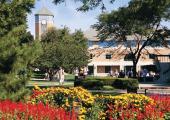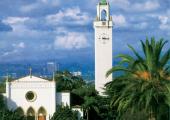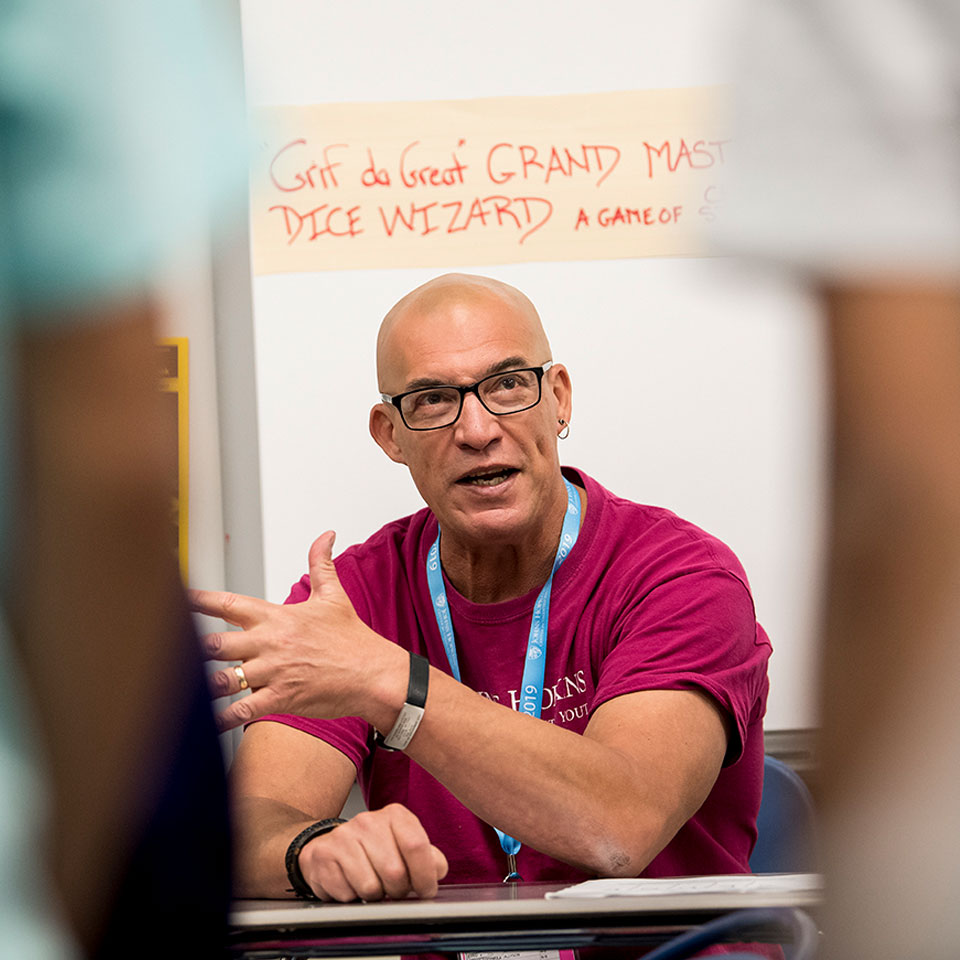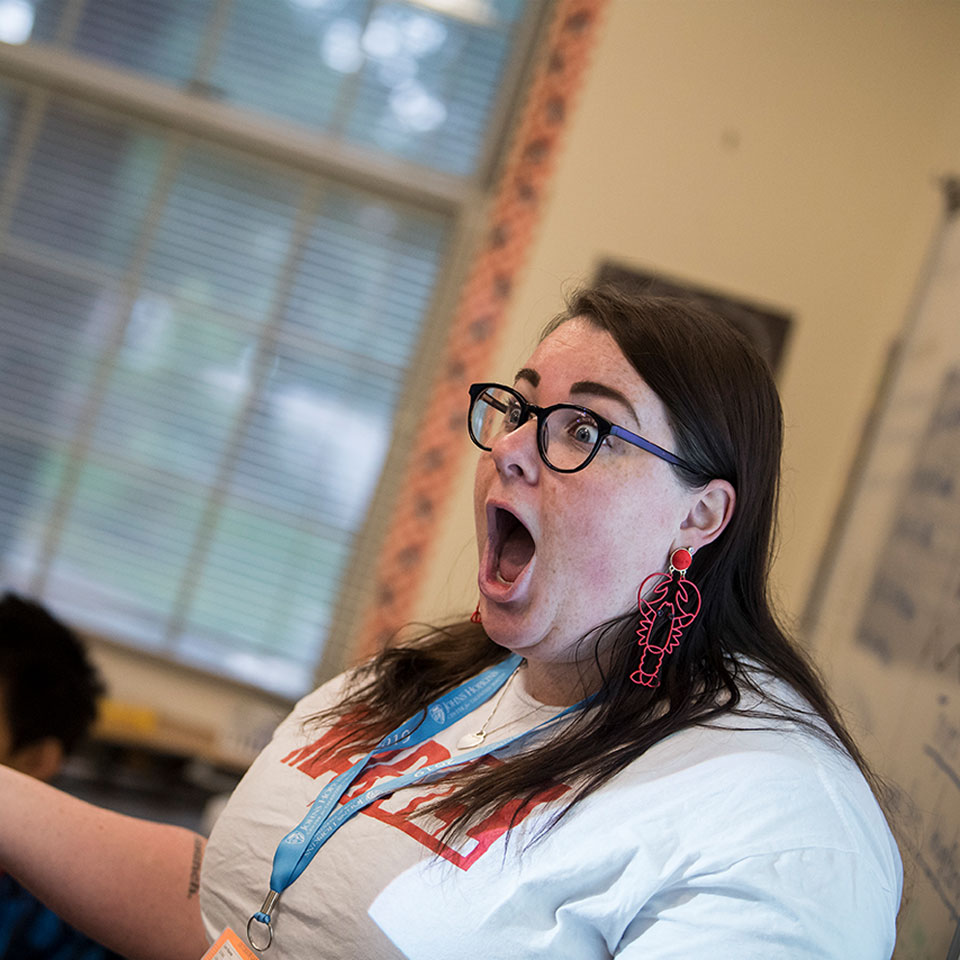Breadcrumbs
Marine Ecology
- Grades 5-6
- CTY-Level
-
Residential
- Science and Engineering
Ninety-four percent of life on Earth is aquatic, yet we have only explored 5 percent of the planet's oceans. Marine ecologists aim to reduce this knowledge gap while using biology, chemistry, physics, geology, geography, and meteorology to study oceans and the hundreds of thousands of known species that live below their surface. In this field science course, we’ll learn the geography of ocean floors, and the physical and chemical properties of ocean water; visit local habitats to collect and test water samples and examine microscopic organisms; and explore how the slightest changes in salinity and temperature can impact entire species. We’ll conduct field observations and dissections in the lab, and observe and analyze plants and animals and the adaptations that allow them to live underwater. Field experiences may include an aquarium trip, visits from marine life experts, or a boat excursion in local waters. The course ends with an analysis of human impact and how to protect marine ecosystems now and in the future.
Typical Class Size: 14-16
This course is
ungraded.
Summer Dates & Locations
Session One


Session Two


Testing and Prerequisites
| Math | Verbal | |
|---|---|---|
| Required Level | CTY-Level | Not required |
Students must achieve qualifying scores on an advanced assessment to be eligible for CTY programs. If you don’t have qualifying scores, you have several different testing options. We’ll help you find the right option for your situation.
Sign up for Testing Learn MoreCost and Financial Aid
Tuition
- Varies
Application fee
- Nonrefundable Application Fee - $55 (Waived for financial aid applicants)
- Nonrefundable International Fee - $250 (outside US only)
We have concluded our financial aid application review process for 2025 On-Campus Programs. We encourage those who may need assistance in the future to apply for aid as early as possible. We are committed to serving all talented youth regardless of financial circumstances. Financial assistance is available based on need.
Course Materials
Students should bring basic school supplies like pens, notebooks, and folders to their summer program. You will be notified of any additional items needed before the course begins. All other materials will be provided by CTY.
Course Extras (Lab fee, etc)
Lab and field trip fee: $480
About Science and Engineering at CTY
Explore space and our planet
In our Introduction to Astronomy course, we’ll visit a nearby observatory or planetarium, see what the cosmos looks like through various spectra, and immerse ourselves in the science and technology that bring the universe closer to home. In Marine Ecology, we’ll visit local wetlands and tidepools, observe flora and fauna, collect water samples and analyze them for clues about their health and humans’ impact. And in The Global Environment, we will explore the human impact on our environment and generate proposals for addressing climate change.
Bond over chemistry
Our chemistry courses help you see the world differently, starting at the atomic level. The Edible World gives budding chefs and science lovers a glimpse into the chemical reactions that happen when we make food, and the chemical makeup of meals and treats we eat every day. In our Crystals and Polymers course, we’ll synthesize slime, grow rock candy, and isolate strawberry DNA to learn about the molecular structure of naturally occurring gems and human-produced plastics. In Chemistry in Society, we'll consider how the chemicals in products can both enhance and degrade the world around us; produce biodiesel in a lab to understand alternative fuels; and prepare aspirin to learn about the healing and toxic properties of pharmaceuticals.




